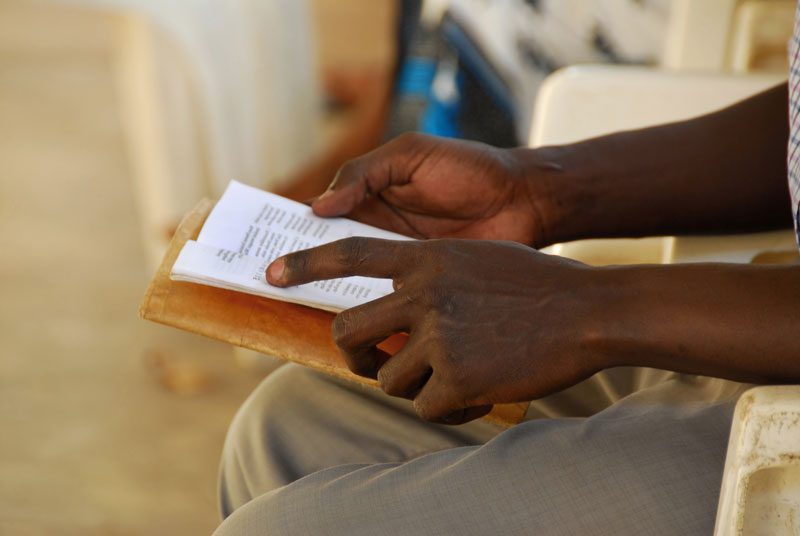Related Articles
Many Ethnicities, One Race
The idea of “races” is fiction. There is but one human race descended from one parentage, all of whom are created in the image of God spiritually, rationally, morally, and bodily. Our failures at unity is a failure to ground our ideas of ethnicity and “race” in the person and work of Christ Jesus.
Welcoming the Stranger
Presenter: Matthew Soerens, US Director of Church Mobilization, World Relief Description: Refugee and immigration issues have dominated headlines globally recently. While many American Christians view these…
From Unhealthy Dependency To Local Sustainability
Presented by: Jean A. Johnson, Executive Director of Five Stones Global Description: It takes a great amount of intentionality to create a culture of dignity,…
Partnership and the Strategic Role of Networks
Description: We live in an unprecedented period of mission history. The new paradigm of “from anywhere to everywhere” is by nature complex, resulting in an increasing…
The Age of the Sage in Missions
A new and exciting trend is developing in missions today. Many Christians, in retirement, are fanning out across the world as short-term missionaries.




